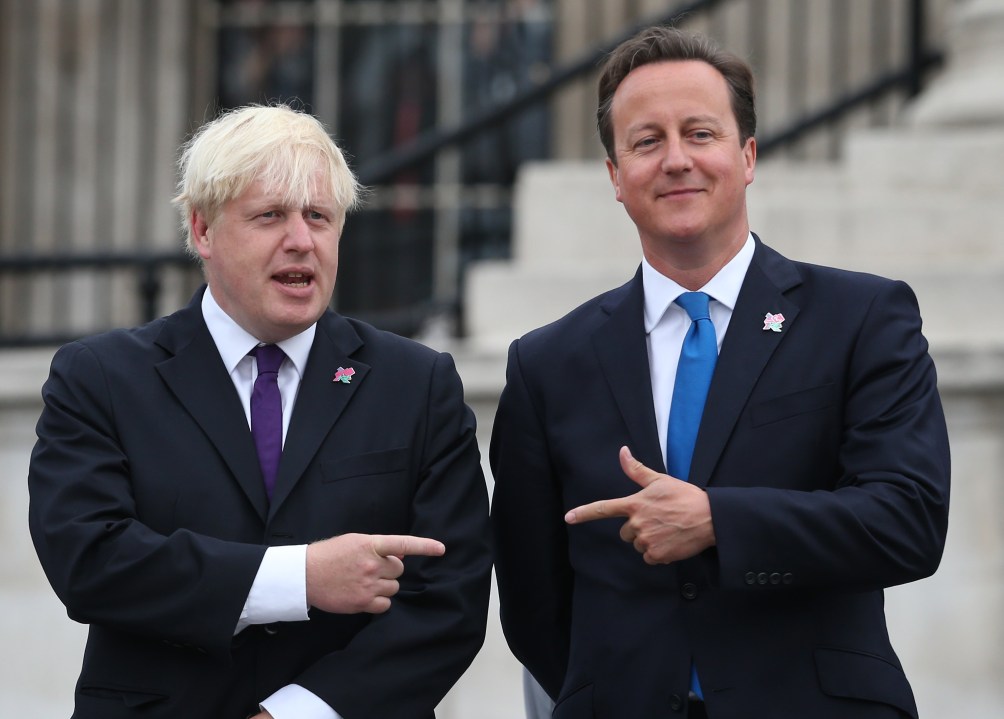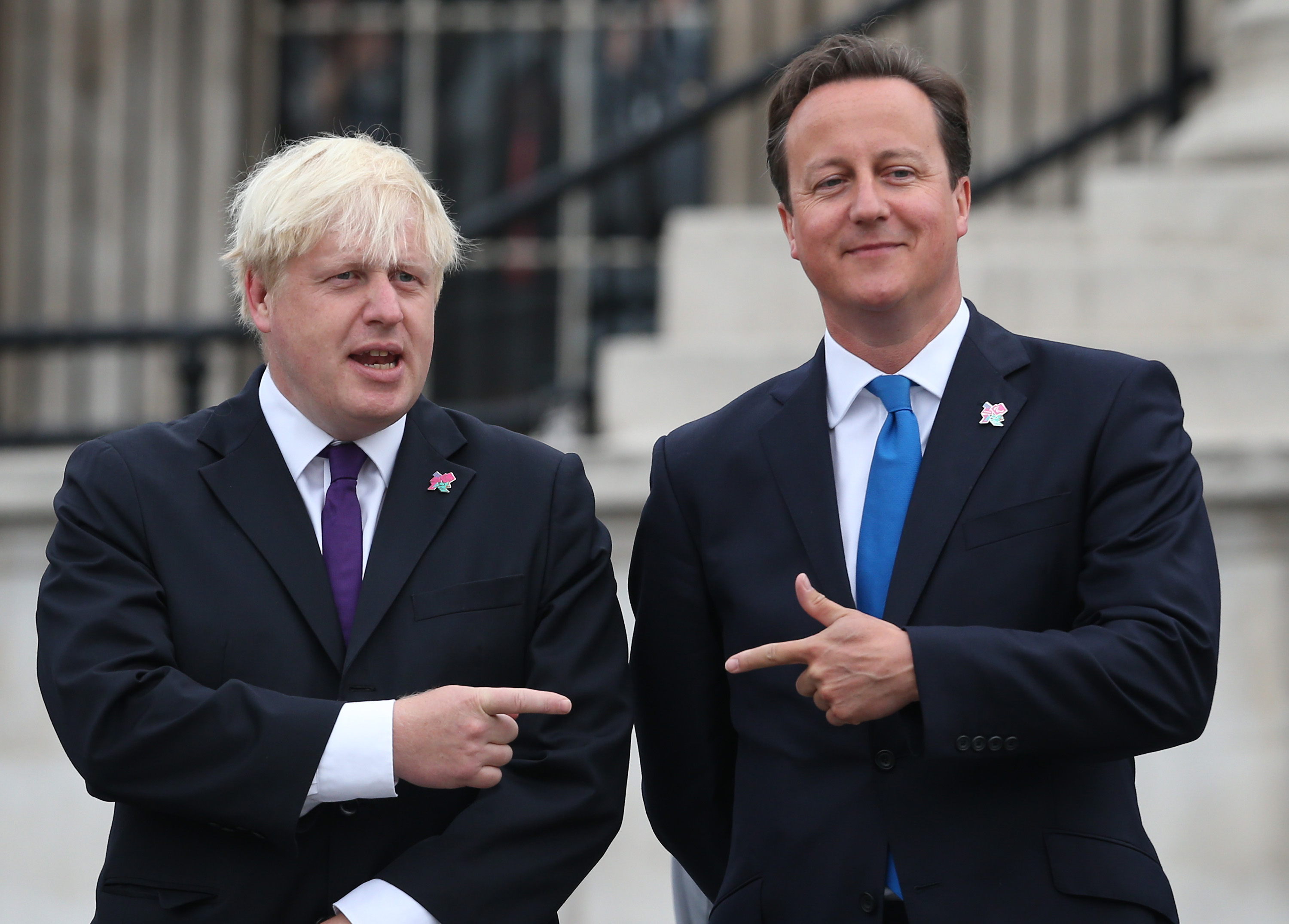One of the very good things about Lord Ashcroft is that he is happy to commission large-scale opinion polls. Sometimes these are mischievous. Take today’s example, for instance. It is always useful to be reminded that most members of the public can only recognise a handful of politicians.
One would expect David Cameron and Boris Johnson to be at the top of the public recognition table. They are the only politicians in Britain recognised – and correctly identified – by more than 90% of those surveyed. 89% of respondents claim to recognise Ed Miliband but only 77% can actually identify him (some think he’s actually his brother which, given David has been out of the public eye for the best part of three years does not say much for Ed).
The public, bless them, kinda think they have seen Nick Clegg (80%) and William Hague (82%) before but are not altogether sure who they are. Clegg is most often confused with George Osborne (who is in turn only correctly identified by 62% and, gallingly, is most frequently confused with Ed Miliband).
I am mildly surprised that as many as 55% of voters correctly identify Teresa May and not all that shocked that only 10% know who Philip Hammond is or that a mere 29% recognise and can name Michael Gove.
This kind of polling may seem frivolous but it serves a useful purpose. Namely, that it casts doubt on the usefulness of other polling. Conveniently, Sunny Hundal wrote a post yesterday citing public attitudes to Michael Gove’s education reforms as proof that the impression Gove is a popular and persuasive figure is a fantasy of a “deluded” right-wing press.
Figures from a YouGov poll this month appear to back this up. 47% of respondents think Gove is doing fairly or very badly and just 22% think he’s doing well. 32% support the idea of Free Schools, 39% oppose it and, significantly, 29% have no idea and no opinion about or on the government’s flagship education policy (in England).
Indeed 40% of voters think English schools have got worse since 2010. Even 32% of Tory supporters believe Gove’s policies have had no beneficial impact (tellingly, 54% of UKIP supporters think education is going to the dogs).
But what does this mean? The square root of bugger all, frankly. In the first place, a good deal of Labour voters’ hostility to Gove’s reforms can be attributed to a kneejerk, partisan response (it must be, not least since Gove’s agenda is in large part based upon the previous Labour government’s policies). Secondly, some Tory disgruntlement may be because Gove is not reintroducing grammar schools while a larger measure of Tory unhappiness may be put down to the natural gloominess that is an important part of the Conservative persuasion.
Finally, many people either do not know anything about the government’s education agenda because they do not have school age children themselves or because they live in a part of the country unhappily bereft of Free Schools (or Academies). In general only 10% of the public ever thinks education is a “top priority” and it is natural for people to take a narrowly personal view of education policy. That is, if their kids are at a decent school then people don’t really care whether other schools are any good or not.
Moreover, if only one in three voters can tell you who Michael Gove is, it seems reasonable to suppose that no more than one in three voters – and probably many fewer than that – has any idea about the substance of government education policy, far less the knowledge to make any kind of informed judgement upon its wisdom or impact.
But those people who do know something are likely, I suspect, to judge Mr Gove more favourably. If Free Schools are such a failure one would expect them to struggle to attract pupils. There is, I believe, no evidence they do so. And, this being so, it is reasonable to conclude that in the areas that matter and for the people most intimately concerned with the Free School revolution, Gove’s reforms are actually exceedingly popular. To which one could add this data point: if Free Schools are so awful one might expect the Labour party to abolish them. But they won’t. Just you wait and see.
All of which, then, is a reminder that journalists and politicians are liable to vastly over-state the general public’s knowledge of policy. Which means that many opinion polls on anything other than the broad sweep of policy are all but useless and should be treated with great suspicion. They may be fun but they’re also junk.








Comments